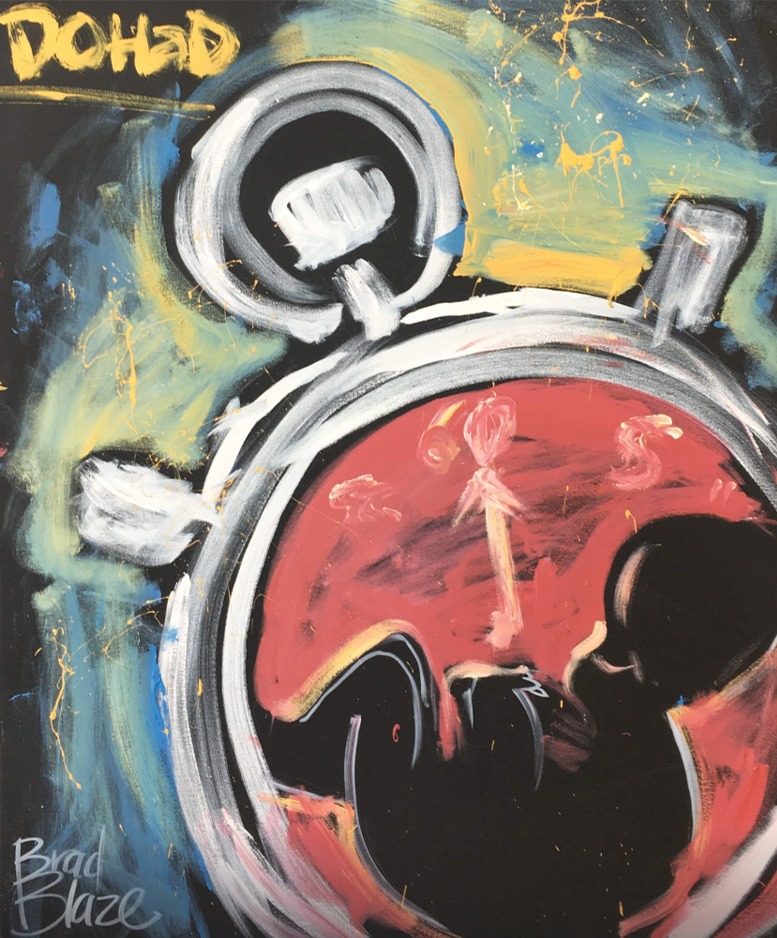The International Society for Developmental Origins of Health and Disease (DOHaD) Society was created to advocate globally for a healthy start to life, by supporting initiatives, programmes and policies that promote education and research into the early life origins of health and disease.
Our Aims
The International DOHaD Society is dedicated to advancing research and promoting global awareness of how early life events, from preconception through early childhood, impact long-term health and disease risk. Through fostering interdisciplinary collaboration, supporting education, and advocating for health policy changes, the Society seeks to reduce the burden of non-communicable diseases worldwide. With a strong focus on capacity building, especially in under-resourced regions, the Society works to improve maternal, infant, and child health, ensuring better health outcomes across the lifespan.
Research
- To promote a coordinated global research strategy for the scientific and social exploration of the relationship between early human development and health and disease risk later in life
- To sponsor regular meetings for the discussion of research findings, potential interventions, and opportunities for education and advocacy across the globe
Education
- To improve the health and well-being of future generations by increasing education, knowledge and awareness about the developmental origins of health and disease
- To facilitate the exchange of ideas and expertise between research centres, health institutes and laboratories worldwide
- To champion training opportunities for scientists and clinicians
Advocacy
- To advocate a healthy start to life through equitable means using research, education and partnerships
- To galvanize government, NGOs and other relevant agencies in our mission to promote the development and application of public health strategies that improve health equity and prevent chronic disease
- To increase these agencies’ knowledge and understanding of the health implications of DOHaD
- To inspire governmental and non-governmental funding to research the developmental origins of health and disease
Early Beginnings
The formation of our Society is based on early foundational research by DOHaD pioneers like Professor David Barker, who recognised that failure to thrive in the womb increased the risk of adult diseases. Barker and colleagues first presented their studies in the 1980s, showing a relationship between weight at birth and the prevalence of heart disease in the same individuals 50-60 years later. This raised the possibility that environmental influences acting during the earliest stages of development might affect disease susceptibility later in life.
Since these inaugural studies, researchers have gathered and collaborated to understand the relationship between early life experiences and adult health. The International Council on the Fetal Origins of Adult Disease was formed in 1999, followed by our first World Congress in Mumbai India in 2001. Shortly thereafter, we emerged as the Society for the Fetal Origins of Adult Disease.
Art by Brad Blaze, 2019 World Congress

Over time, evidence demonstrated that the fetal period is not the only stage where environmental adversity can lead to persistent lifelong effects. We now know that our biology can interact with our environment to influence health across our lives at the level of the sperm and egg, the embryo, and the young child. Accordingly, our name was expanded to the Society for the Developmental Origins of Health and Disease (DOHaD).
In 2020, The International DOHaD Society became a Charitable Incorporated Organisation (CIO, Registration Number 1190519) with the United Kingdom’s Charity Commission. Today, our Society’s Members are researchers, educators, communicators and health care professionals from a number of different scientific and health promotion fields, who support our collaborative and integrative approach to research and the translation of this knowledge to policy makers, NGOs and public health institutes worldwide.




